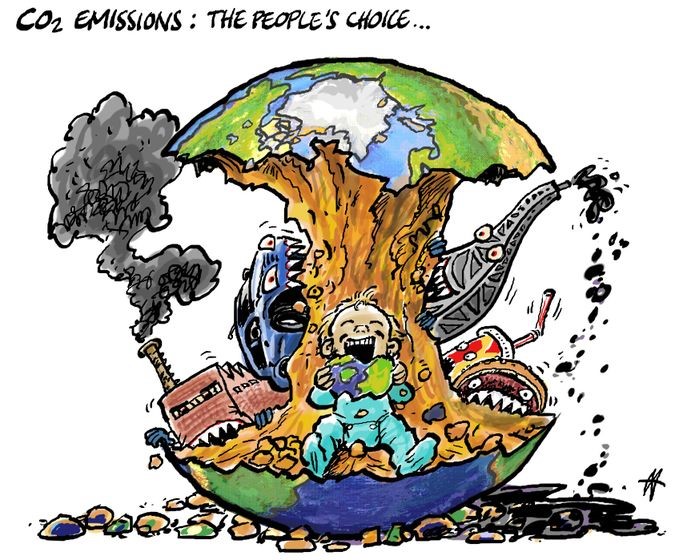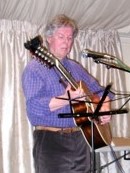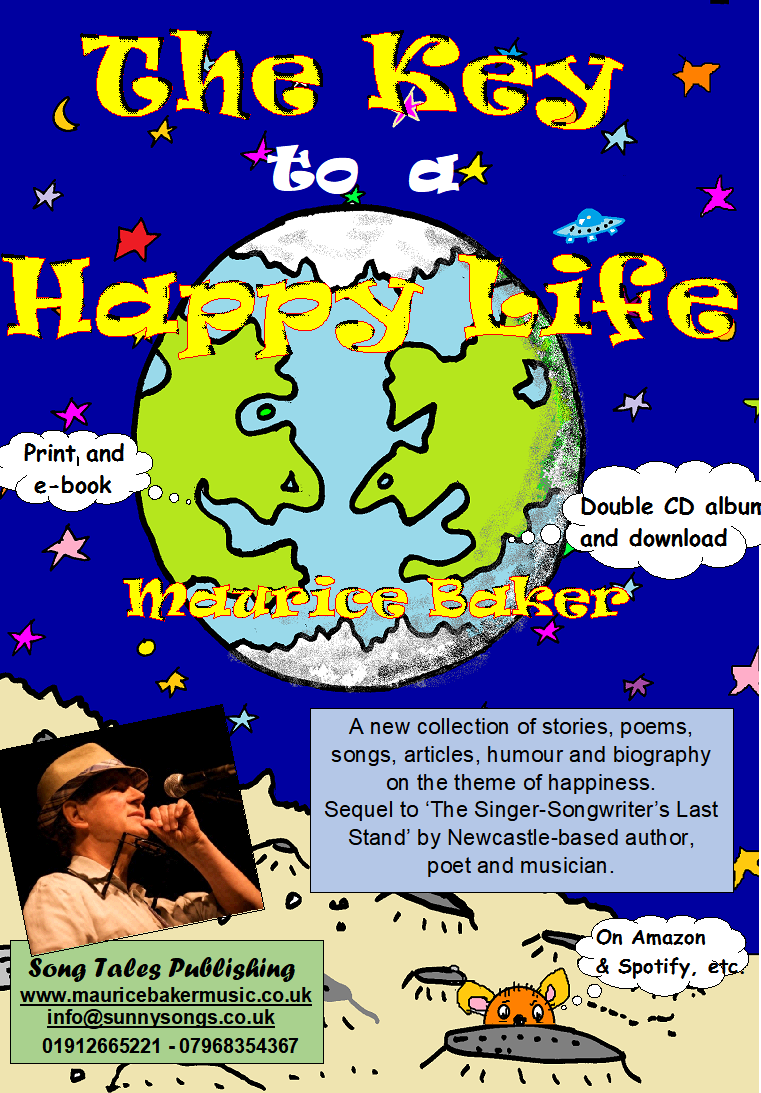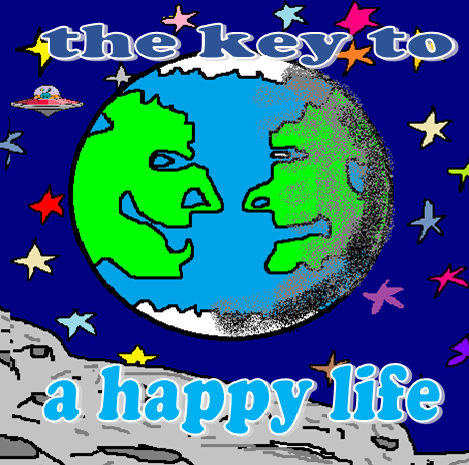
https://soundcloud.com/mauricebaker-1
Tracey and Eddie (sorry about the lousy photo) performed at the book launch. Eddie also MC’d the event and read out a wonderful review – see below:
‘It’s a great and easy read with lots in it. “A random collection” describes it well. To me this reflects Maurice’s quirky nature (meant in a nice way).
I have known Maurice for many years from the local music scene/busker’s circuit. Whenever I mention his name people smile. This is because when he performs he brings a smile to people’s faces. He is a very talented man playing a number of instruments, writing his own songs, and poems, and you never know what you are going to get with him. He does silly songs, often requiring audience participation to maybe make animal noises, bang out a beat, or sometimes just join in the chorus,
He does humorous songs which are always amusing, and he does serious songs written either from personal experience e.g. Bound for Australia re the child migration scheme, or written from researching something e.g. John Newton or St Sebastian.
As I said I have known Maurice for many years and I feel that I know him quite well. This is because of the content of his songs but also the often long rambling introductions he does which may or may not relate to the song about to be performed. We have all been there when he has done a long intro and finished with words like “but that’s got nothing to do with the song….”
Also he may well forget the words part way through a song and they are his own words to his own songs. But one of the lovely things about Maurice is he laughs a lot. He doesn’t take himself too seriously and laughs at himself. He is quite self-deprecating really.
So because of all this I felt that I knew Maurice quite well but when I read this book I got a much greater insight into the man – his character, his personality, his likes and dislikes, the things that he is passionate about, what jobs he has done (and there are loads of them) and how he reacts to people, situations and to life generally.
He writes about all sorts of mundane things and actually makes them interesting …. to a point anyway. A British cuppa, why you should have jam on all food, and what the hell is a ripe potato???
He wants people to buy his book (and/or cd together or separately) so I will not steal his thunder and divulge much from the book. What I will say is that as I kept reading it I kept seeing Maurice in different guises and this coincided with seeing him regularly at the Monkey on a Sunday night. . An example would be that, from the book. I know that he spent many years working as a builder. which is something I would never have put him down as. After reading this whenever I saw Maurice I imagined him with his keks halfway down his legs showing off a builder’s bum and him drinking tea with 4 sugars in it.
There are great stories from his childhood, his adolescence and then starting to make his way in the world. I won’t divulge any more but did find so much of this fascinating. I would recommend everyone to get this book and read it. It is light hearted, and mainly fun although he does tackle some serious issues as well.
The title of the book is “The key to a happy life”, well Maurice seems to have that key. He laughs a lot, he finds humour in everything, and this is reflected in the work he produces – his songs, poems and writing.
I hope you will be persuaded to buy Maurice’s book. He has put a lot of time, effort and research into it and probably money as well, and I hope that he gets enough sales to make it all worth it, but I suspect he would say that it was worth it because he achieved something that he wanted to do.’










